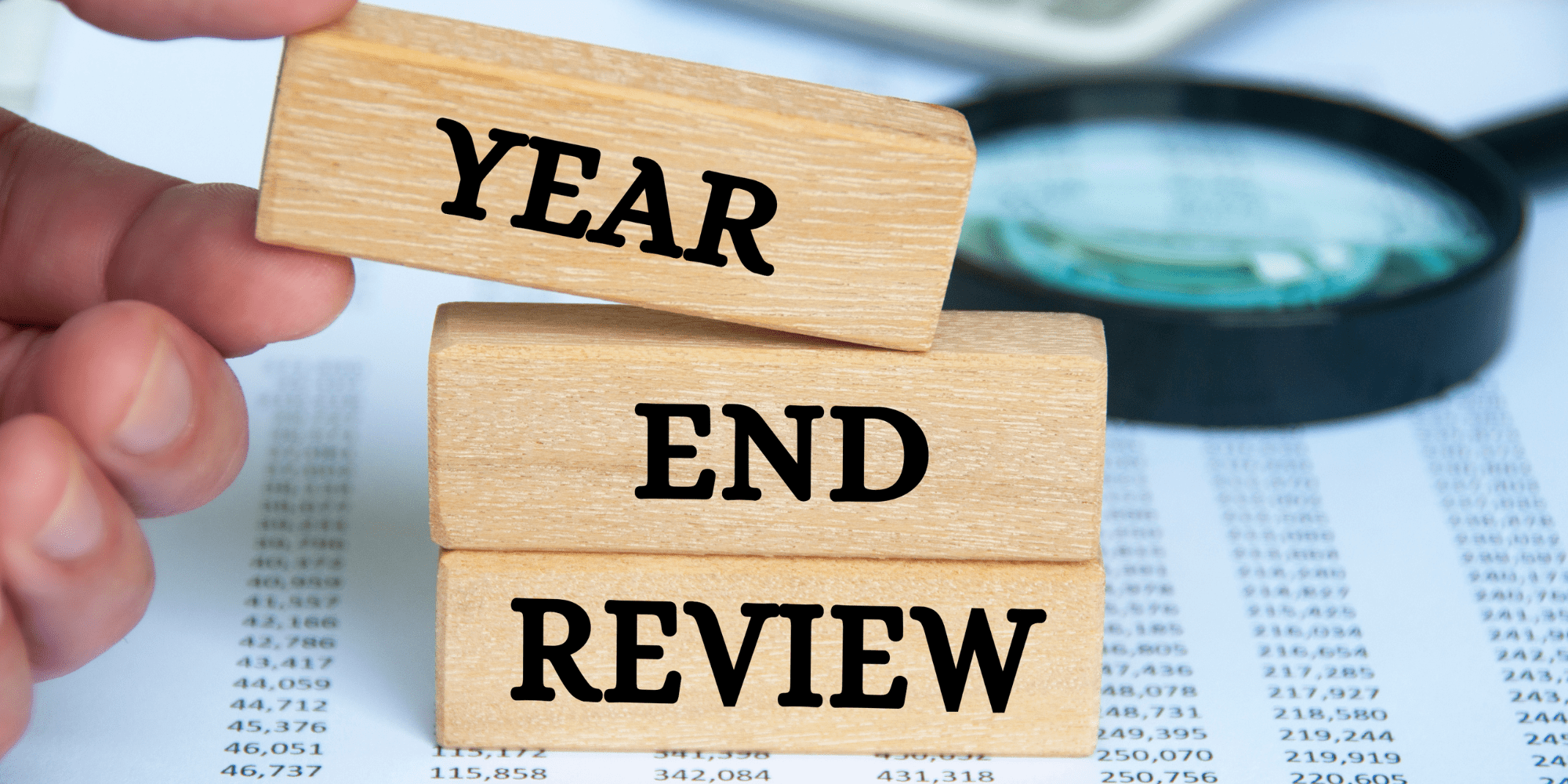Small Business Year-End Accounting Checklist: Be Ready for 2025
Year-end financial preparation is essential to wrapping up your bookkeeping and accounting tasks before the end of the calendar year and the close of the fiscal year.

Step 1: Reconcile Your Accounts
Sound small business accounting requires the routine reconciliation of all financial accounts (bank accounts, credit cards, etc.). The purpose of account reconciliation is to ensure that all transactions have been accurately recorded (and accurately accounted for by your financial institutions).
To ensure proper checks and balances, account reconciliation should not be performed by the person who pays the business’s bills and makes the business’s deposits. Ideally, account reconciliation should be conducted throughout the year anytime you receive a bank or credit card statement. This will help you better identify and correct discrepancies.
Step 2: Review Accounts Receivable and Accounts Payable
Begin reviewing your accounts receivable and accounts payable early to ensure all due balances are sent and all due invoices are remitted by the end of the year. The fewer outstanding balances your business has in payables and receivables, the simpler your year-end bookkeeping close will be.
Now is the time to pull aging reports so that you can determine which accounts need to be followed up on first. We recommend pulling monthly aging reports to keep track of past-due clients so that you can follow through on your payment and collection policies with clients to minimize cash flow disruptions throughout the year. Keeping up with collections will simplify your year-end accounting process and continuously improve cash flow.
Step 3: Review Payroll Records and Employee Compensation
Pull your payroll records to verify the accuracy of all payroll and employee records including employee compensation, benefits, bonuses, and payroll tax withholding/filing. Ensuring accuracy with payroll and employee compensation is essential to maintaining compliance with employment laws and tax codes. Mistakes with payroll taxes, employee compensation, and benefits can be quite costly.
Step 4: Update and Organize Financial Records
Maintaining up-to-date, organized financial records is essential to business operations because it impacts financial management, financial planning, and tax preparation. At the end of the year, you should be going back through your records to ensure you have all of your expense receipts, invoices, and financial statements organized, accurate, and complete.
Be sure to update these records in your accounting software (and talk with an accounting professional about how you can use your software to automate some of these record-keeping and reporting processes). Your electronic and physical records should match and reflect all of your financial activities throughout the year.
Step 5: Evaluate Tax Deductions and Credits
Once your records are organized, scour through expenses to start preparing your business for tax season.
Identify tax deductions or potential tax credits for which your business might be eligible. Consulting with an accountant can help you better determine which expenses are deductible in the current year, which must be capitalized and depreciated over time, how to handle retirement contributions, and how to identify any other potential tax benefits.
Step 6: Prepare for Year-End Tax Filings
Small businesses must complete a slew of forms and documents – all with different deadlines – toward the end of the calendar year and the end of the fiscal year. This includes collecting W-2s and generating 1099s for employees, in addition to W-9s and 1099-NECs for contractors and freelancers. (Also, remember that money paid to contractors and freelancers is typically considered a tax-deductible expense.)
It’s essential to be on schedule with these documents. We recommend collecting W-2s and W-9s at the beginning of a working relationship, instead of waiting until the end of a pay period or year to request this information. That way, you will have all of the information you need to file and distribute your business’s tax forms on time.
Step 7: Plan for the Next Year’s Budget
2025 budget planning should also begin before 2024 is over. You want your business to start the new year with a financial strategy already firmly in place. Begin this process by reviewing 2024’s budget vs. actuals to determine how well your business’s plan worked last year. Make note of any budget discrepancies (deficits or surpluses) and how significant they were.
Next, you’ll need to choose a budgeting method for 2025. For example, you could use a zero-based budget to start from scratch, use an incremental budget if you have a good idea of your projected growth, or you could use a different type of budget such as an activity-based budget, top-down budget, or value-proposition budget. The type of budget that works best for your business will determine the budget-making process.
Whichever process you choose, be sure to create budgets that reflect your anticipated upcoming financial year in addition to budgets for the best-case scenario and worst-case scenario. Consider what action you will take if the upcoming financial year does not unfold as anticipated.
Step 8: Consult With a Professional Accountant
Small business accounting is complex, and working with a business accounting professional can help ensure your business is fully compliant with state, IRS, and industry regulations. Plus, partnering with a professional service provider like Accounting Freedom can streamline the year-end process while setting your business up for financial success.
Be Ready for 2025 With Accounting Freedom
Our experts at Accounting Freedom specialize in bookkeeping, accounting, and tax preparation for small businesses, and we can help you finish out 2024 successfully while preparing your business for the upcoming financial period. Download Accounting Freedom’s Year-End Accounting Checklist and schedule a consultation to ensure your business is fully prepared for 2025.
